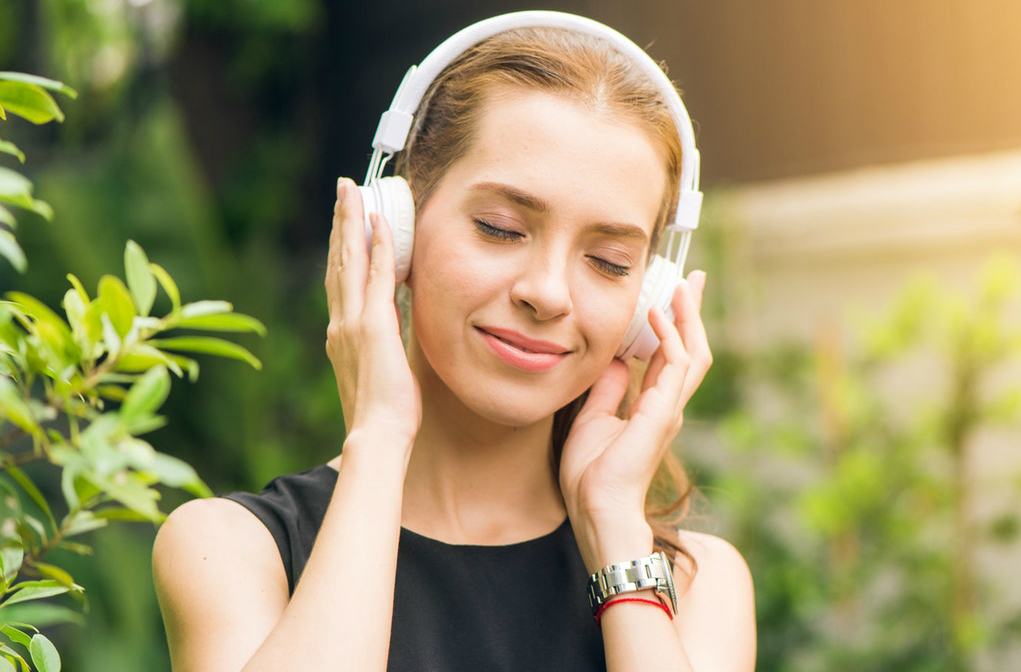A new study from the University of Pennsylvania found that music therapy was as effective as a common sedative (midazolam) in reducing anxiety in patients before surgery. The song that was played is called “Weightless” by the band Marconi Union—and you can listen to it here. ACCESS STUDY





























































